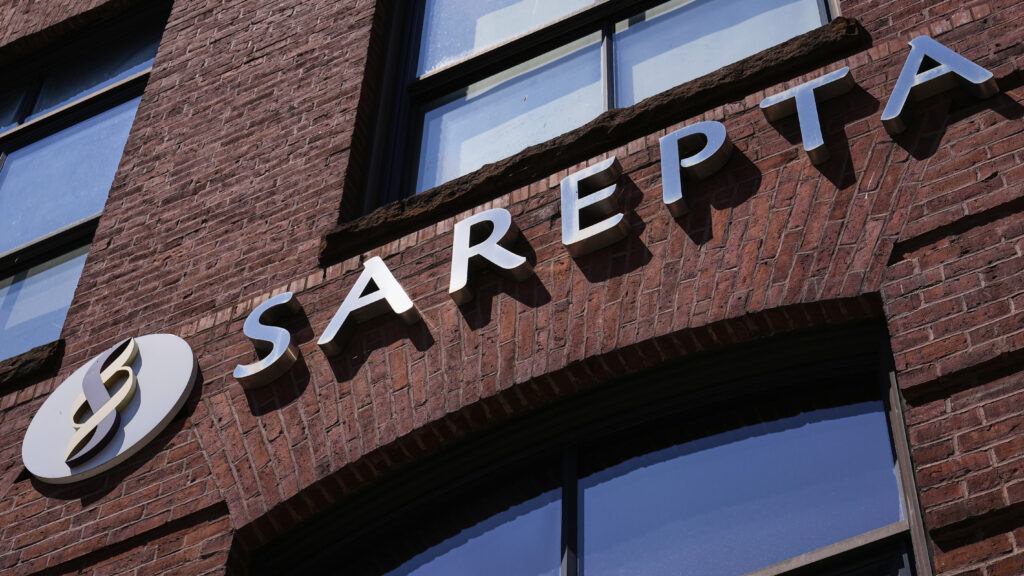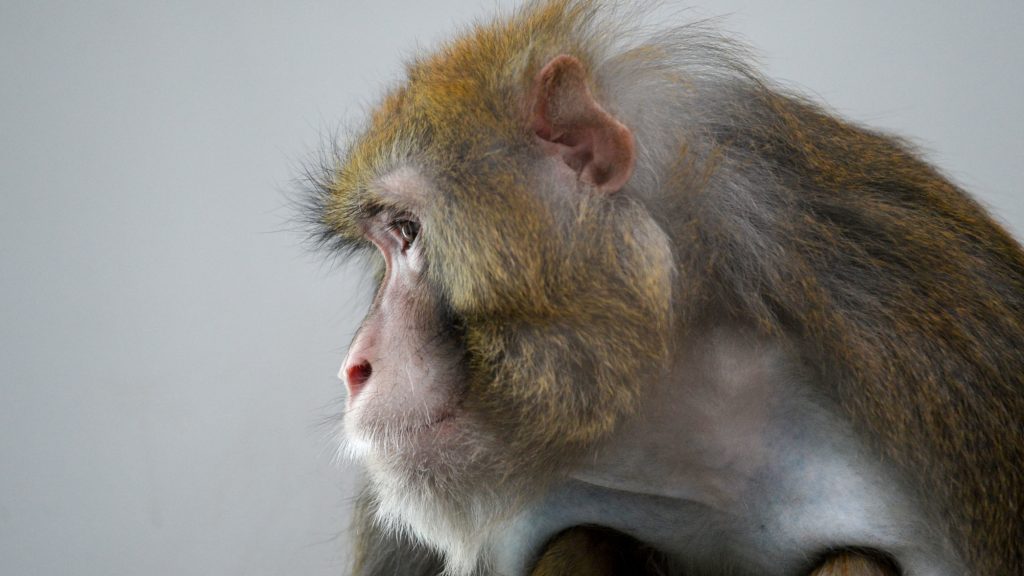Dive Brief:
- Evommune, a biotechnology company developing treatments for chronic inflammatory conditions, revealed plans to go public in a Thursday filing with the Securities and Exchange Commission.
- Evommune intends to use the proceeds to support development of a pair of drugs in mid-stage testing for conditions like chronic skin hives, or urticarias, and atopic dermatitis. One, EVO756, targets a protein on mast cells called MRGPRX2. The other, EVO301, binds to IL-18, an inflammatory cytokine. Phase 2 study results for both drugs are expected in the first half of next year.
- The Palo Alto, California-based company currently has $87 million in cash and cash equivalents, according to the filing. Since its launch in 2020, Evommune raised roughly $267 million in private funding.
Dive Insight:
Evommune believes its lead candidate can become the standard of care for chronic hives. Patients with the immune condition currently rely on antihistamines or biologics such as Xolair or Dupixent. The Food and Drug Administration just approved another medicine, called Rhapsido, as well.
In its IPO prospectus, though, Evommune claimed all of those drugs have notable limitations. Xolair and antihistamines don’t work for many of the estimated 3 million people in the U.S. who have chronic spontaneous urticaria. Dupixent hasn’t shown it’s clearly better than standard treatments in people who can’t tolerate, or don’t respond to Xolair, and has trials in the “inducible” urticarias caused by certain environmental triggers.
Rhapsido, meanwhile, is associated with certain side effects and drug interactions that complicate use with multiple other medications. company said.
Unlike Xolair and Dupixent, which are injected, Evommune’s treatment is taken orally. The company also claims EVO756 is the only “clinical” approach targeting MRGPRX2, which can impact mast cells as well as certain sensory neurons driving inflammation. The result should be faster-acting relief, the company said. Still, Incyte paused testing of a similar drug last year after reporting concerning findings in a toxicology study.
Evommune has two Phase 2 tests underway in chronic spontaneous urticaria and atopic dermatitis. The company also intends to study EVO756 in other diseases linked to mast cells.
Behind EVO756 is EVO301, which targets the cytokine IL-18 and Evommune is also testing in a Phase 2 study in atopic dermatitis. Evommune licensed the drug in 2024 from South Korean biotech AprilBio, and said the way in which it binds to and neutralizes IL-18 could yield “differentiated clinical outcomes” for patients. The company also plans to start a trial of EVO301 in people with ulcerative colitis in 2026, and after that, could pursue a study in Crohn’s disease as well as other conditions.
EQT Life Sciences and Pivotal bioVenture Partners are Evommune’s largest shareholders, both holding 16.3% equity stakes, according to the filing.
Nine biotech companies have gone public so far in 2025, far fewer than the nearly two dozen that had priced offerings by this time last year and the 16 over the same timeframe in 2023 and 2024, according to BioPharma Dive data. Only one company has completed a large stock offering since February.
Still, Evommune is one of two to recently make plans to test investors’ appetite for new stock offerings. The other, MapLight Therapeutics, said earlier this week that it may use a little-used section of the Securities Act to price its IPO during the ongoing government shutdown.










